Why there are no sharks dangerous to humans in the Black Sea
Among all kinds of dangers that lie in wait for a person in the seas and oceans, one of the most serious is man—eating sharks. Of the 520 species of marine predators described by science today, only 50 belong to this group. They can be found in different parts of the world, except... the Black Sea. Why do sharks avoid this part of the world's oceans, allowing us to enjoy safe swimming?
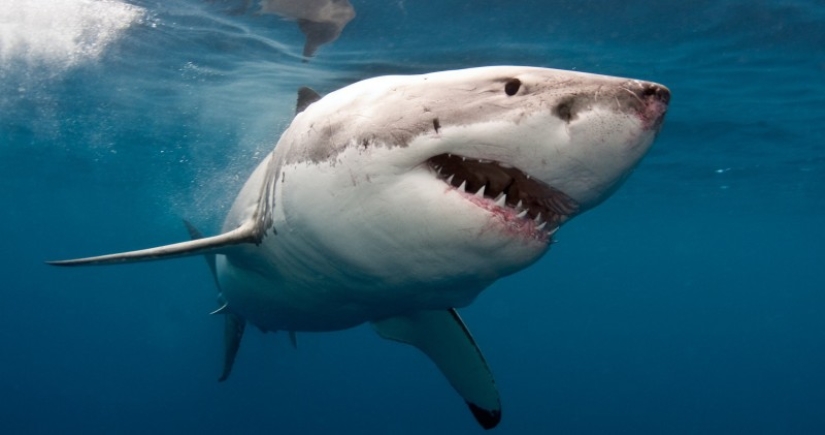
There are two types of sharks in the Black Sea: the Black Sea katran and the feline or small-spotted shark. They are not dangerous to humans, as they are modest in size and do not consider us as food. Katran reaches a length of 180 cm and weighs about 15 kg. This shark has a pointed muzzle, somewhat similar to a dog's. Because of this, it is sometimes called a sea dog. A cat shark grows up to 1 meter and even more so cannot harm a person.
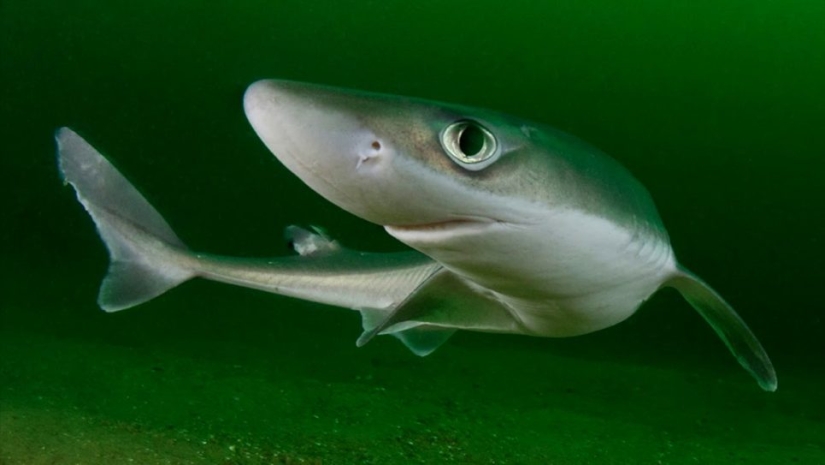
Interestingly, these predators are very fond of the Mediterranean Sea connected with the Black Sea. There you can meet 47 species of sharks and 20 of them are not averse to tasting human flesh. In the waters of the Mediterranean Sea, a full set of the most dangerous species is presented: mako, great white, tiger, hammer, long-winged and bull.
Nothing prevents Mediterranean sharks from entering the Black Sea through the Bosphorus, but they do not. This happens for several reasons. First of all, they are scared off by the strait with incredibly heavy traffic. Sharks are very shy fish and therefore they stay away from the "marine avenue" with the noise of hundreds of marine engines.
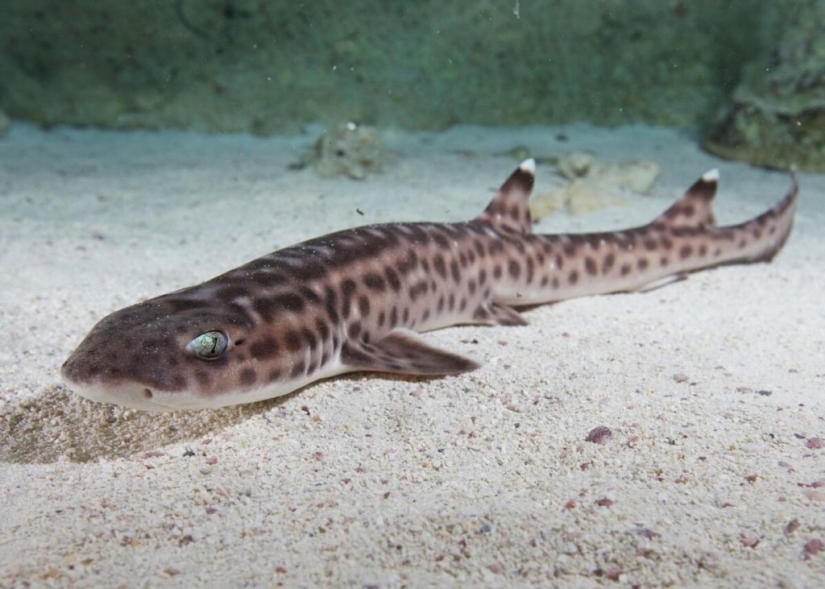
The second reason is the low water temperature. The Black Sea, which we consider warm and affectionate, seems cold and uncomfortable to most sharks. The most implacable enemy of man, the white shark, needs water, no colder than + 18 degrees. If the temperature is lower, then this fish becomes sedentary and may even die.
Scientists believe that due to global warming, the Black Sea may become more attractive for sharks. Already, in many of its districts, the water warms up to +20 degrees in summer, and even up to +25 in the southern and southeastern parts. Then there will only be hope for the third important factor — the chemical composition of the water.
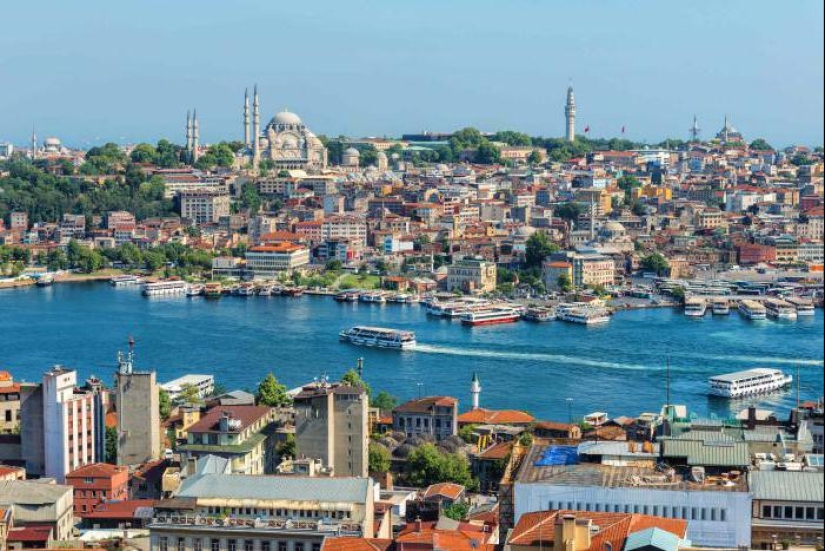
Many ichthyologists are sure that the Black Sea is not salty enough for large sharks. Millions of years ago, this sea was a freshwater lake. When the Bosporus appeared due to the movement of tectonic plates, salt water gushed into it from The Mediterranean Sea. But it turned out to be diluted with fresh water, and even after whole geological epochs, the difference in salt content between neighboring seas is very significant.
This hypothesis has opponents. They pay attention to the fact that young white and bull sharks enter the fresh rivers of Australia without any problems. There it is easier for them to hide from dangers and it is easier for them to feed themselves. Therefore, the Black Sea, which is still saltier than the river, could become a habitat for some sharks.
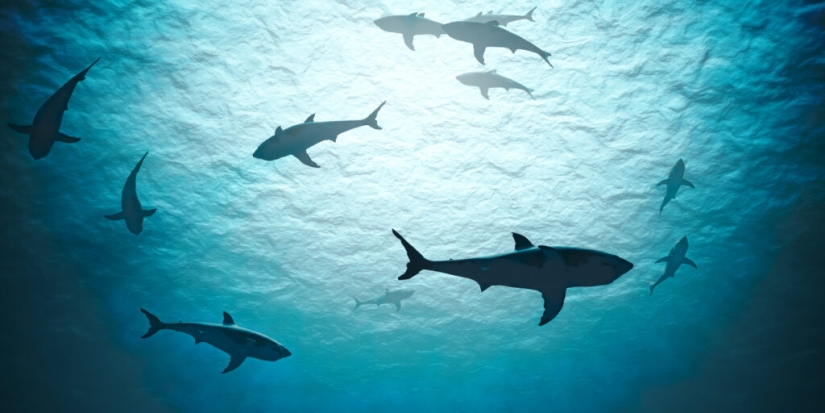
It turns out that, apart from the noisy Bosphorus, there are no obvious obstacles for sharks? It turns out that there is still. The Black Sea is the most saturated with hydrogen sulfide on Earth. Deeper than 50 meters, a lifeless dead abyss begins, inhabited only by primitive marine life. The habitable water column is not enough to feed the insatiable predators, for whom the main food is still not beachgoers and surfers, but large fish and marine mammals.
So we can not be afraid of sharks off the coast of the Crimea and the Caucasus. In the entire history of ichthyologists' observation of the Black Sea, not a single appearance of a species dangerous to humans has been recorded there.
Recent articles

It's high time to admit that this whole hipster idea has gone too far. The concept has become so popular that even restaurants have ...

There is a perception that people only use 10% of their brain potential. But the heroes of our review, apparently, found a way to ...

New Year's is a time to surprise and delight loved ones not only with gifts but also with a unique presentation of the holiday ...